|
Do you ever wonder when you should toss the food you've stored in your fridge? I'm not just talking about the things you buy, but also leftovers and the meals you prepare.
How long do they keep, for the best taste and also for safety? Also, have you thought about how you store your leftovers and other food in the fridge or freezer?
Today, I'll share how long you can keep prepared food and the best way to store it for maximum freshness!
How Long Can You Safely Keep Your Prepped Meals and Other Food?
Don't worry, none of these answers involve sniffing the food! First of all for packaged foods, go by the "sell by" or "use before" date right on the package. Nearly every packaged item will have a date on it. Some items, such as milk substitutes like almond milk or coconut milk, will go bad few days after you open them. Be sure to read the information on the package, and use it as soon as possible after you open it. 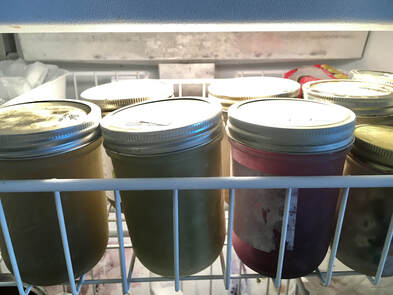 Vegetable stock and leftover soup stored in mason jars in the freezer. Vegetable stock and leftover soup stored in mason jars in the freezer.
Next, leftovers or prepped meals should only be kept for three days in the refrigerator.
According to the US Food and Drug Administration, cooked meals should be refrigerated within an hour or two of cooking, and you should eat them within three to four days before tossing. Reference. If you're planning on keeping them longer than three or four days, you should put them in the freezer as soon as possible after cooking. That way, you know you're storing a fresh meal instead of one that's close to going bad.
To keep frozen food from getting mushy and soft when you reheat it, try to keep air away from your food and work with speed!
Follow these steps:
How Do You Store Your Leftovers and Other Foods In The Fridge or Freezer?
That being said, many researchers are questioning whether even plastics labeled "BPA-free" are safe, and they're studying the long-term health effects of the alternative plastics. You can read an article about it here. This is why I highly recommend you think about making the switch to glass containers. Why take the chance? Why Make the Switch to Glass Containers?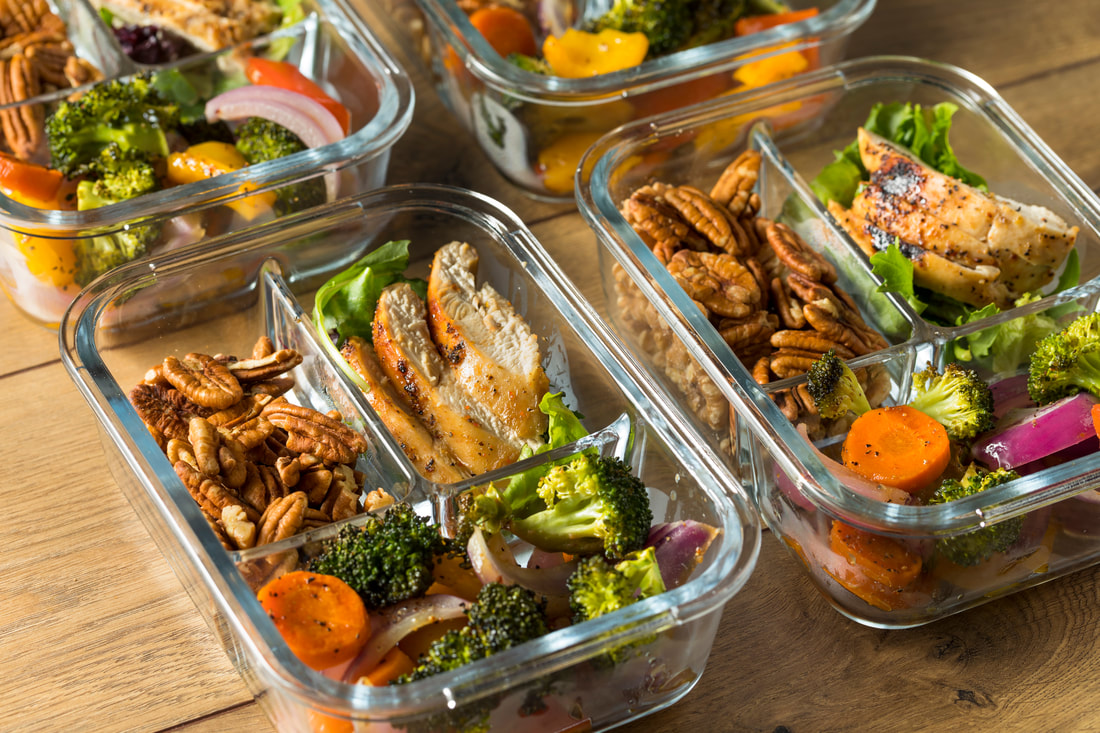
With glass, you don't have to worry about chemicals leaching into your food from plastic, plus they last much longer and can safely go into the freezer and microwave...sometimes even the oven. They're also less wasteful, and if you do some shopping around, they can be surprisingly inexpensive, which means you'll save money in the long run.
An inexpensive solution for storing soups, broths, or sauces in the freezer or fridge, is to use canning jars. You can use any for the fridge, but the best for the freezer are the straight sided cup or pint sizes (so they don't break when frozen). I also use them to store smoothies, for chia seed puddings, or to take a salad to go!
One more tip: be sure to get glass containers made of tempered glass. After, purchasing many different brands over the years, I bought some that weren't tempered and they tend to chip at the edges when they're stacked. I have to be careful, because the glass breaks off in shards. Not good! Here are some I'd recommend. I like the third one, because it has two casserole dishes with lids for storage!
*These links are affiliate links so if you purchase any of these items through the links on this page, I make a small commission that is used to help keep my website running. I only link to products I personally use and support and if you purchase through my links, you have my sincere thanks!
Following these tips will help save you money and make sure those healthy meals you're cooking aren't going to waste!
|
Click below to join my FREE Facebook Group-
Women's Wellness Circle: Create Your Extraordinary Life AuthorHi, I’m Crystal! If you'd like to access my Farmer's Market Friday posts from 2018, click here!
Categories
All
|

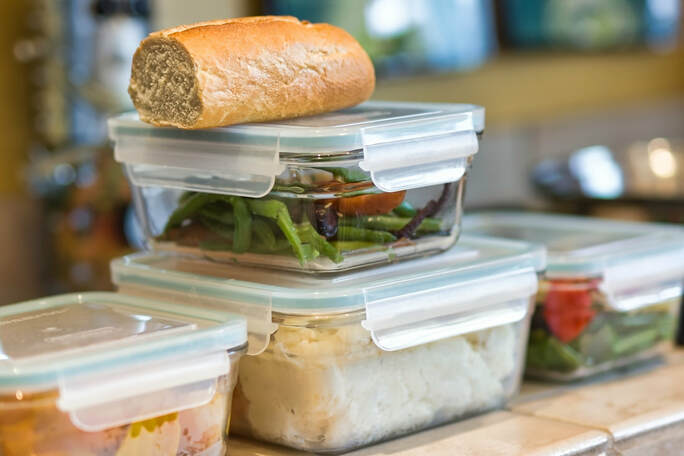
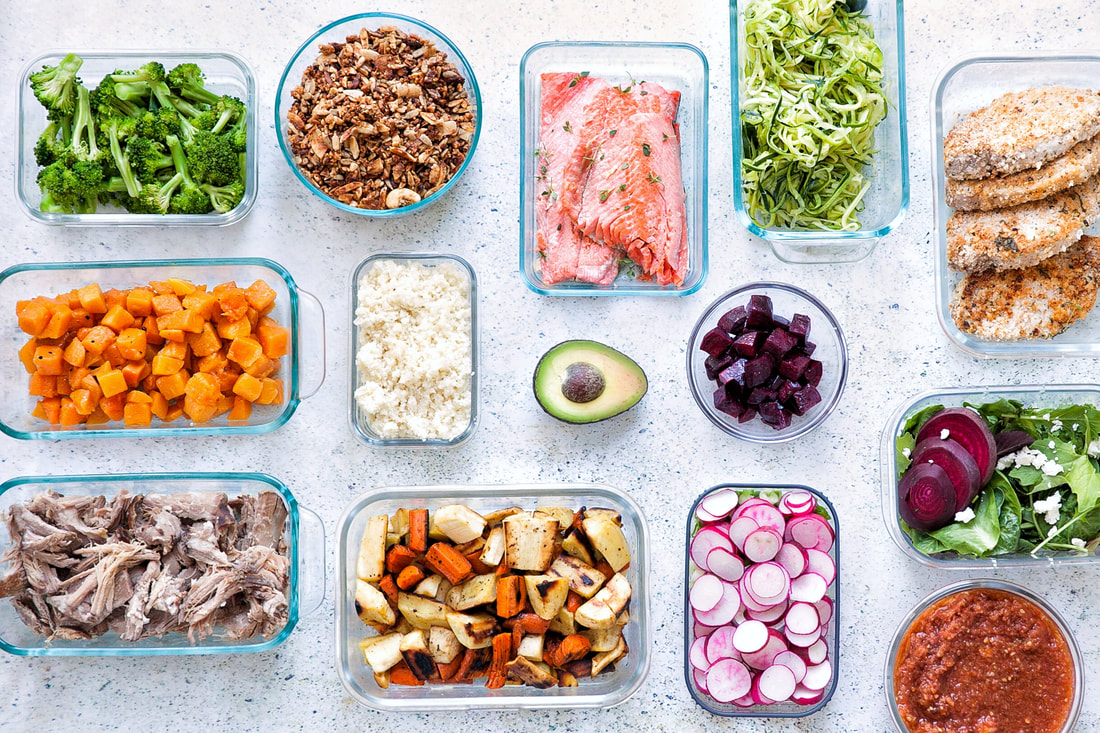
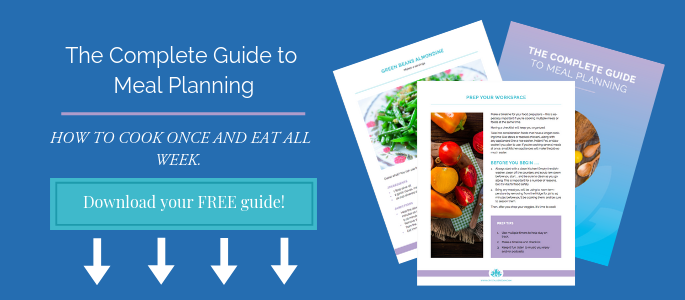

 RSS Feed
RSS Feed